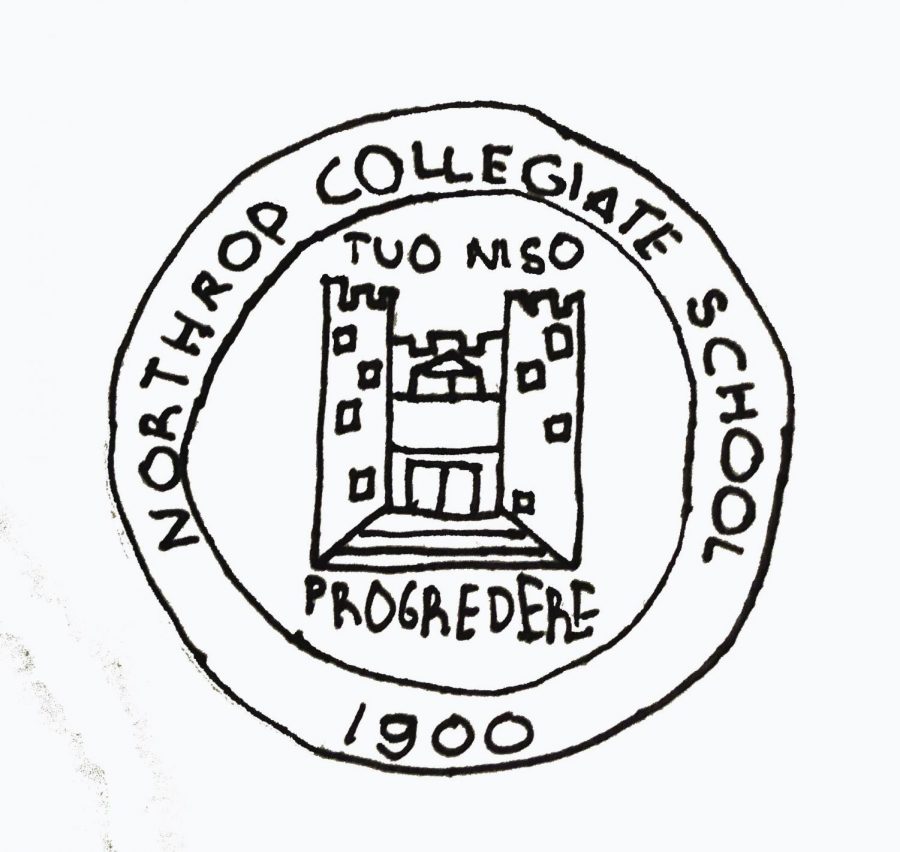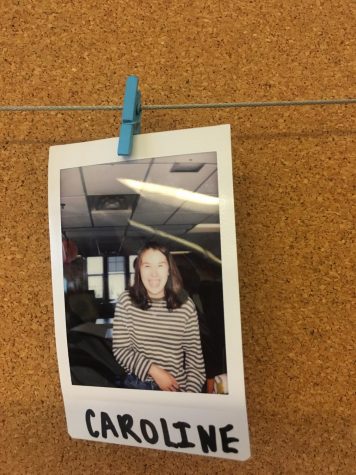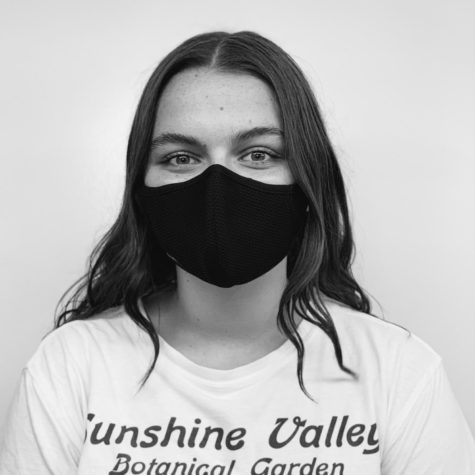Senior speeches are glorified, dreaded, openly hated, and everything in between by students and administrators alike. However, it is undeniable that the positive impacts of this speech for the individual and the community deeply outweigh the drawbacks.
The act of required public speaking pushes a student to be confident in their opinions, and in themselves. In a school where so much working and thinking happens, a senior speech is an opportunity for a senior to showcase what they have learned, and who they have become.
The opportunity to share an in-depth opinion on a topic of choice with a group of over 500 people is extremely rare. The tradition is also excellent practice for future public speaking opportunities.
Speeches create community. The act of assembly physically brings the school together, while speeches serve as the main attraction. Each presentation gives students and faculty alike a chance to reflect and debate on a common topic. This conversation continues to nurture the intellectual community that students engage with in classes. In a world where most news is consumed by choice, forced consumption of someone’s ideas, whether they talk about dogs or the state of Trump’s cabinet, helps the entire Blake community to grow in their empathy skills.
Senior speeches carry deep traditions, which carries weight when considering their relevance today. This doesn’t mean that there shouldn’t be changes made to speeches. As the way that we share information changes, the senior speech tradition must also modernize, and it has.
In Senior Seminar, where seniors write and practice their speeches, they are now required to try giving their speeches with visual aids. The practice of manuscript speeches, where students read their speech word for word from the page, are slowly being discouraged in favor of notecards and a more fluid, Ted-Talk style speech. These changes have helped to increase the relatability of speeches, allowing for seniors to connect more directly with their audience.
These changes have allowed the tradition of speeches to develop, while also paying homage to their origin. From their start in the 1920s as chapel speeches for juniors at the Blake School for Boys, nearly every person to graduate from Blake undergone this experience. It is powerful to stand on the stage and understand that you are adding your name to a tradition spanning nearly 100 years.
Through a world war, several U.S. wars, fifteen different presidents, and the invention of the computer and phone, senior speeches have had a place Blake. They can be repetitive, yes, and they take up time, yes. However, they promote empathy, grow confidence, nurture community, and have done so for nearly a century. With any luck, senior speeches will continue to remain constant for the generations of seniors to come.
“I know that there are questions about whether we should keep doing it or not, and not everyone is always going to speak for 500 people, but having done that, you know that you survived and that you can do it, it may not be your favorite thing to do, but you can do it again. I still get nervous up there, but it’s like ‘oh, I can do this.’ It’s a pretty important skill.” – David Graham ’85








